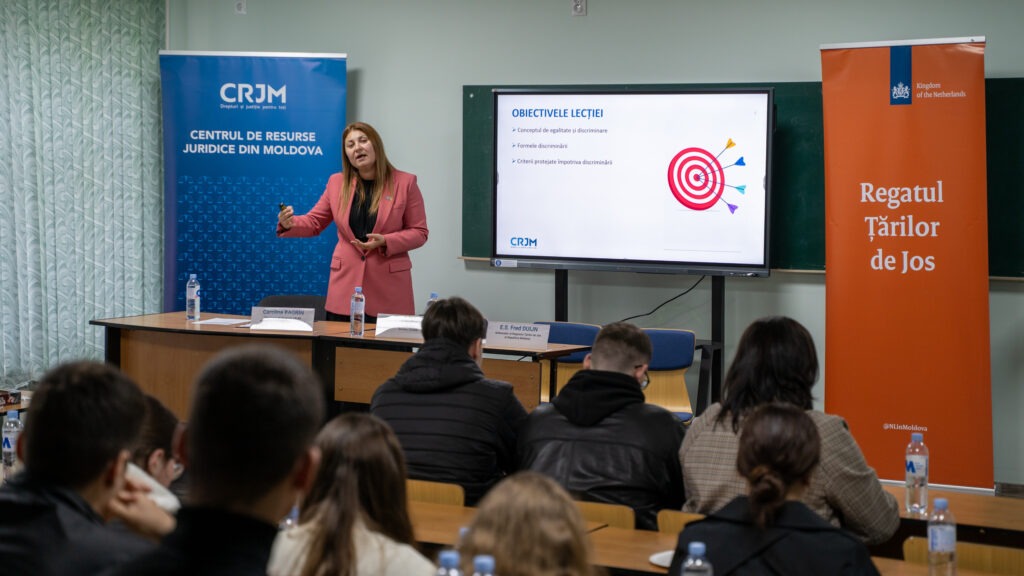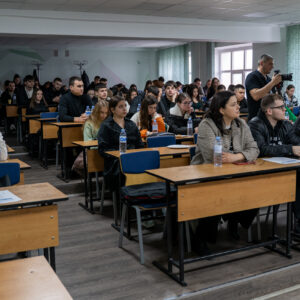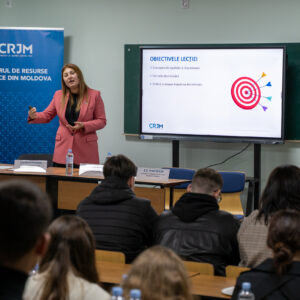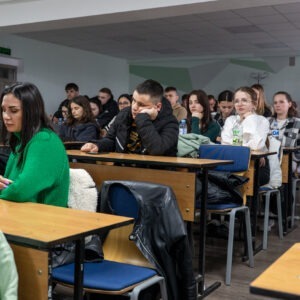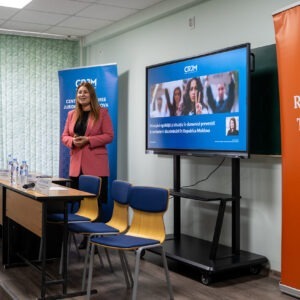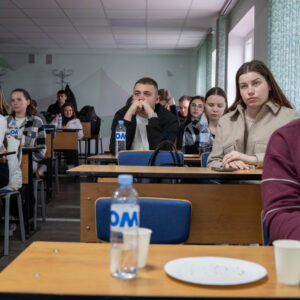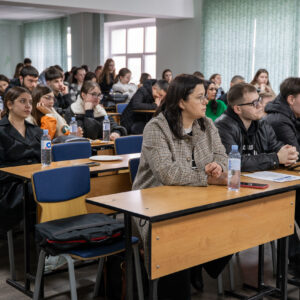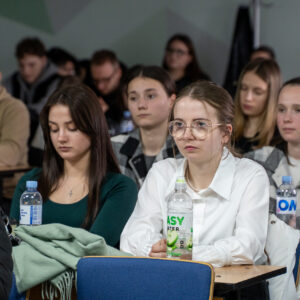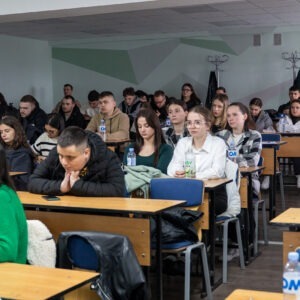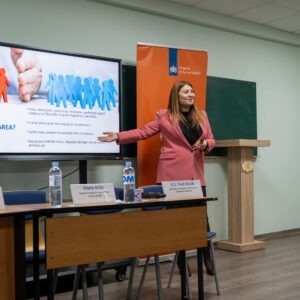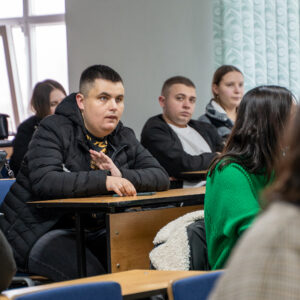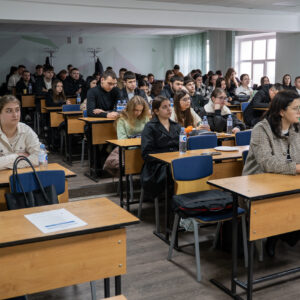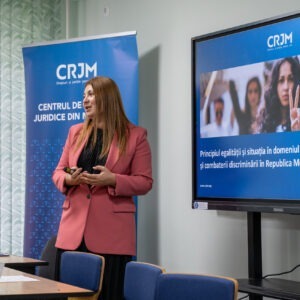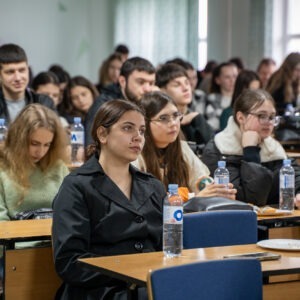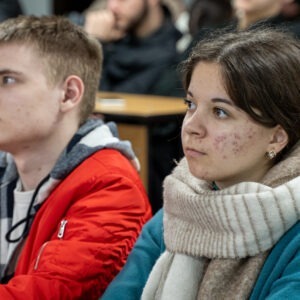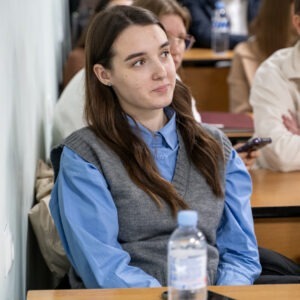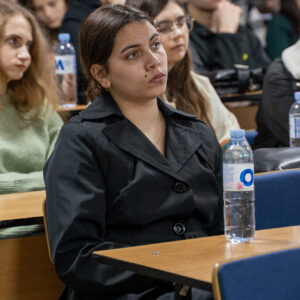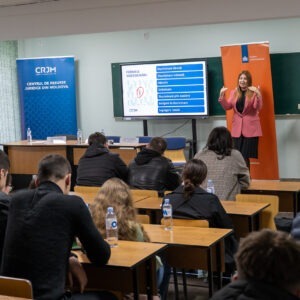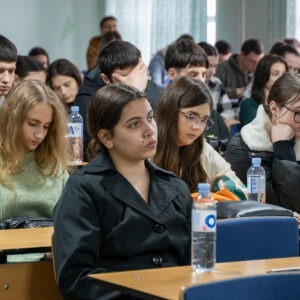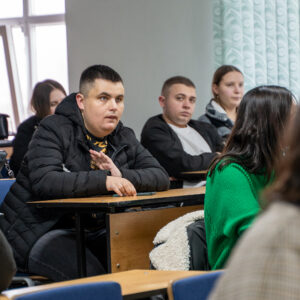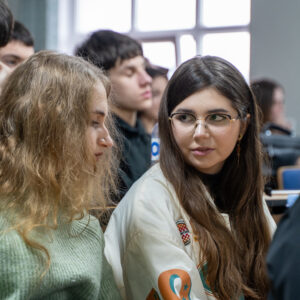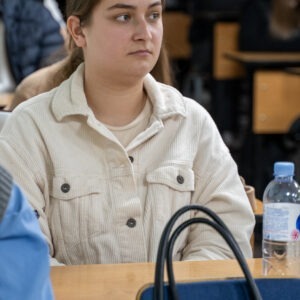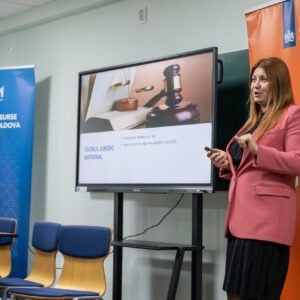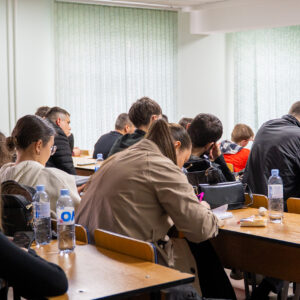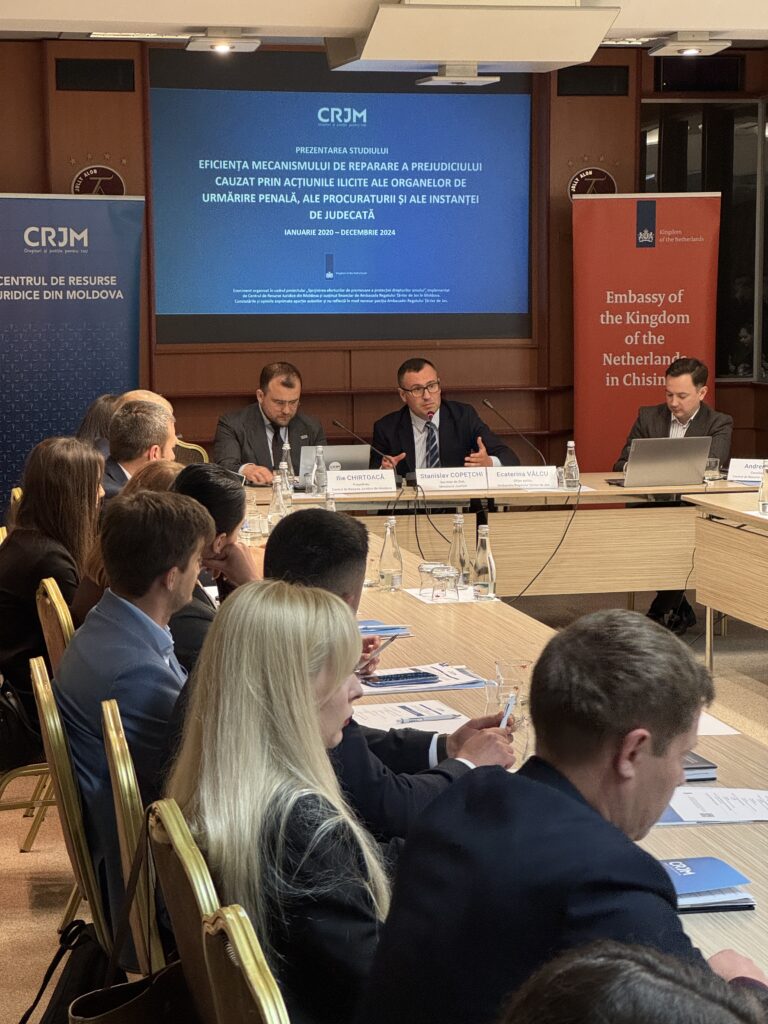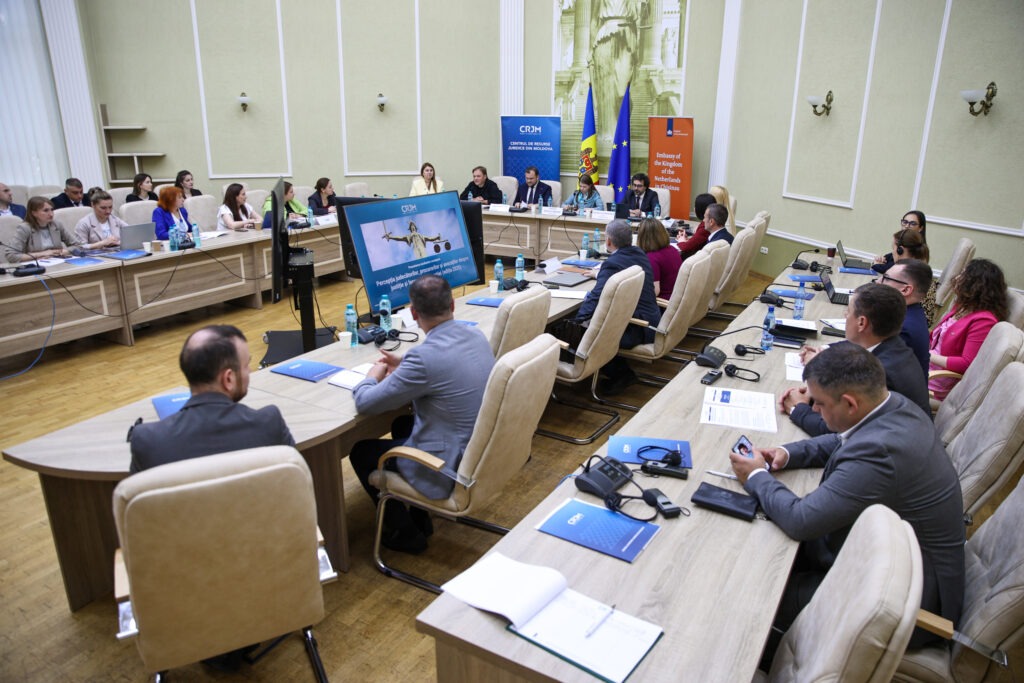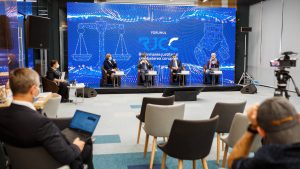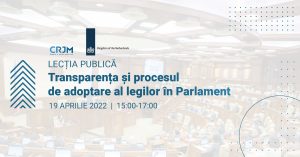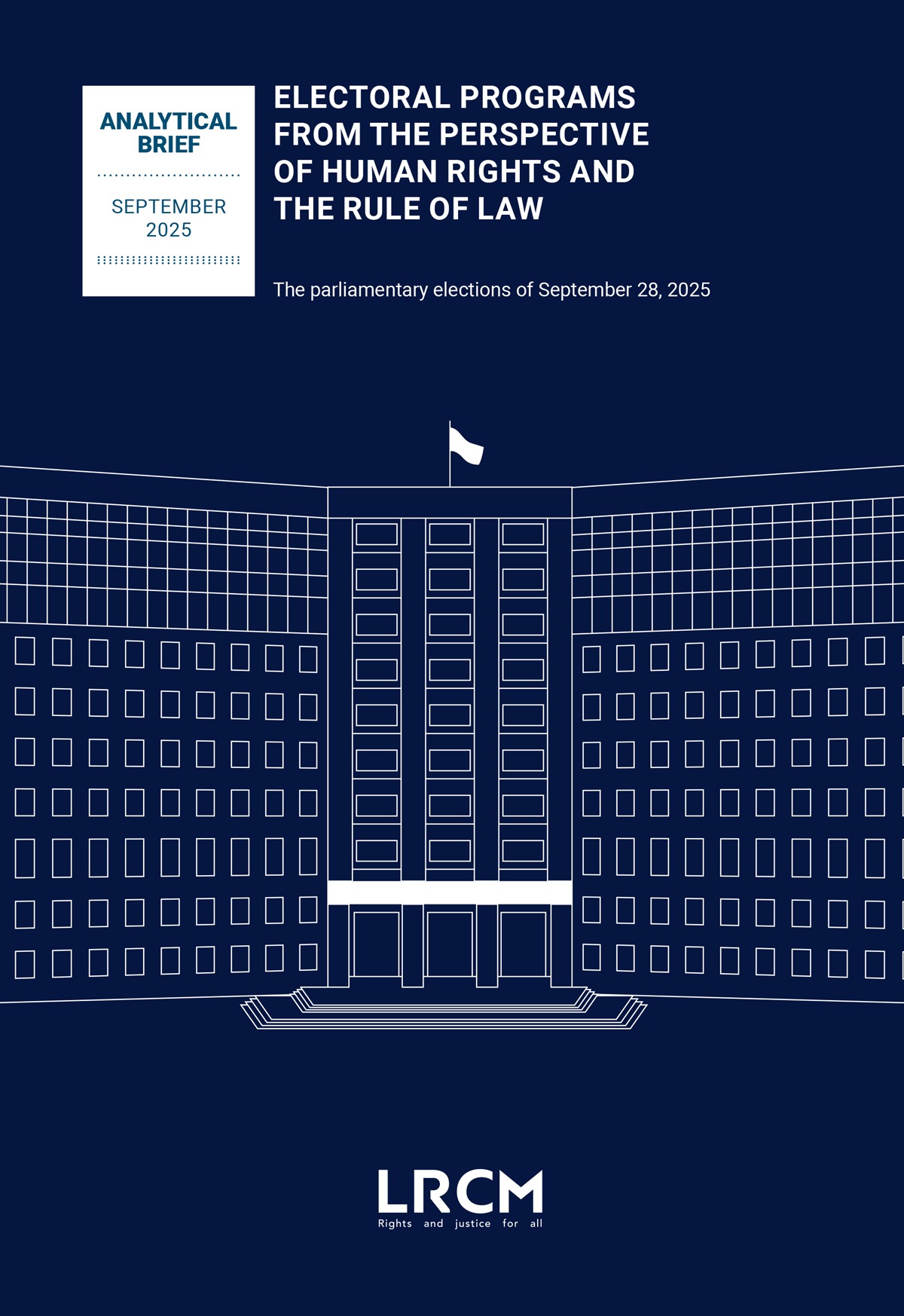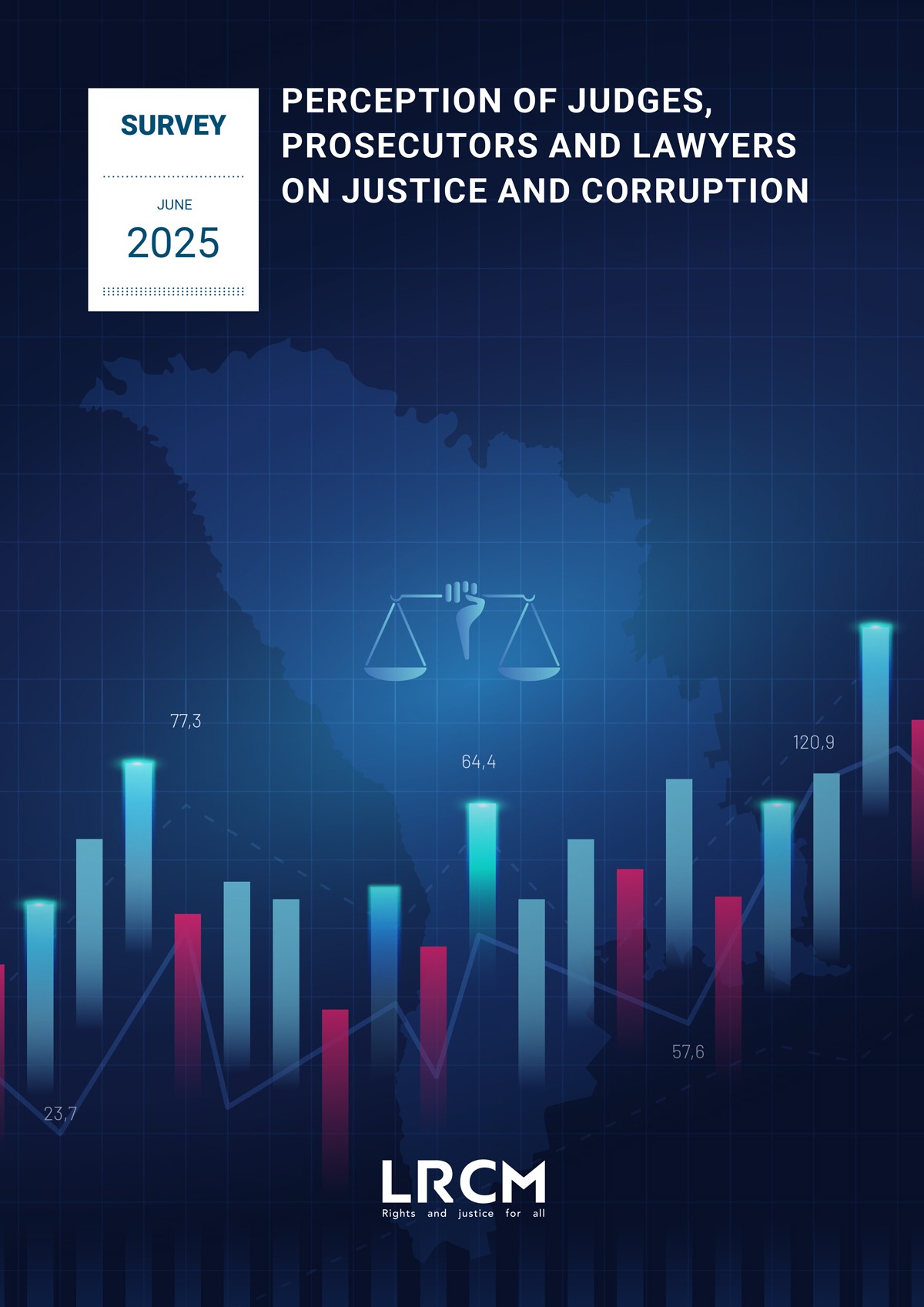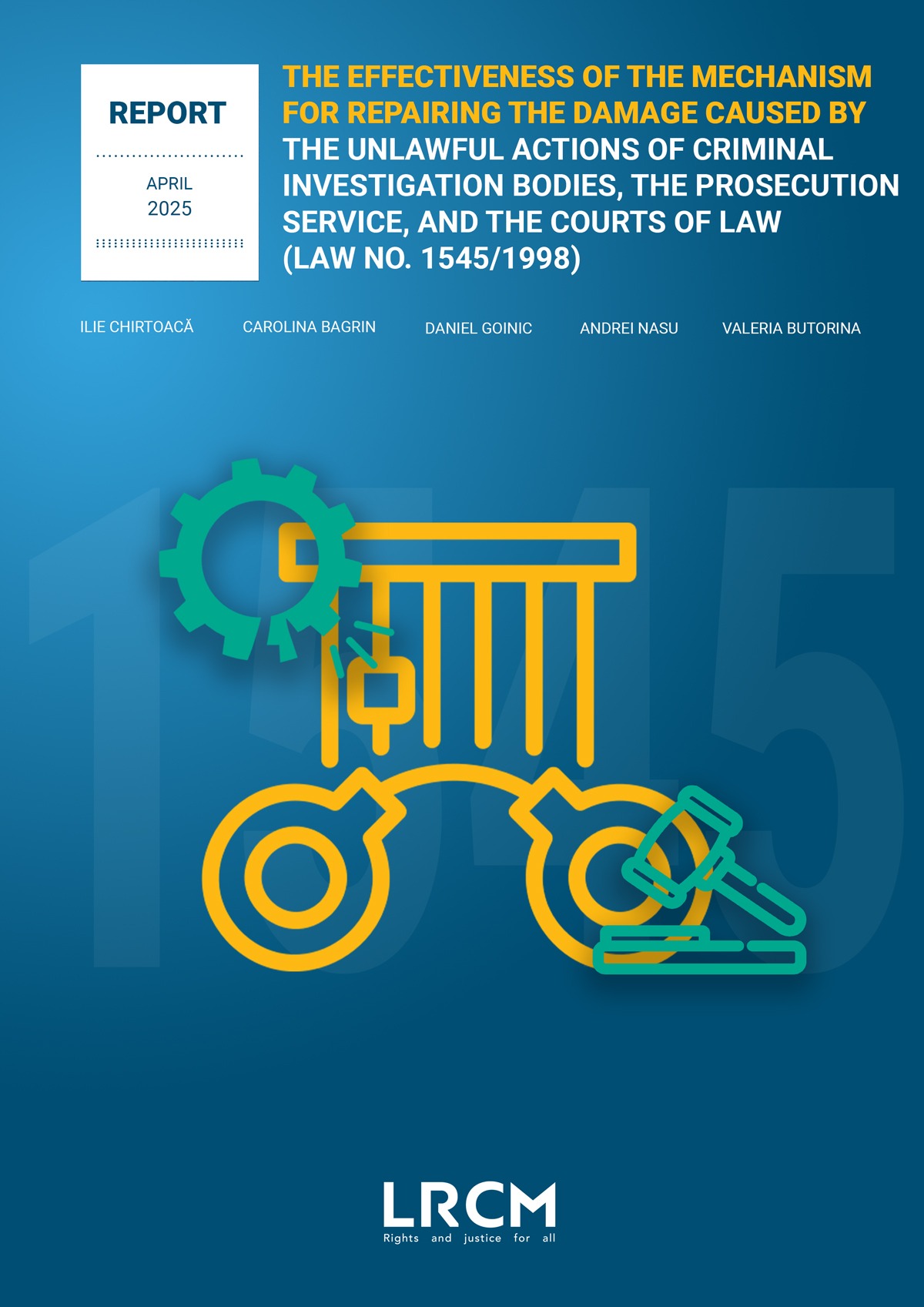Over 50 students of the Faculty of Law and Social Sciences of the “Alecu Russo” State University of Bălți participated in a public lecture dedicated to the principle of equality and combating discrimination in the Republic of Moldova. The aim of the event was to provide future law specialists with a clear understanding of the concepts of equality and discrimination, as well as the legal and social realities in our country.
The event was opened by the Ambassador of the Kingdom of the Netherlands to the Republic of Moldova, Fred Duijn, who spoke to the young people about the importance and usefulness of future lawyers in strengthening democracy and the rule of law, voicing the hope that they will help the country get closer to the European Union.
Carolina Bagrin, Human Rights Programme Director within the LRCM, spoke to the young people about the general concepts and notions related to equality and discrimination, giving practical examples and legal provisions in these areas. The activity and competences of the Equality Council – the main national institution in the fight against discrimination – were also presented.
“We came to Bălți with this theme, including to offer future lawyers similar opportunities to students from Chișinău, who can more easily get study visits or non-formal education experiencesˮ, said Carolina Bagrin.
Why are such lectures important?
Legal education is not just about studying laws and articles of the Criminal or Civil Code. An understanding of the principle of equality and how to prevent discrimination is essential for training competent and responsible professionals. Such events contribute to raising awareness and developing a critical perspective on current social issues.
The public lecture was an important step in students’ training, providing them with essential knowledge about equality and human rights.
This event was organized within the project “Supporting the efforts to advance the protection of human rights”, implemented by the Legal Resources Centre from Moldova with the financial support of the Embassy of the Kingdom of the Netherlands. The views expressed are those of the authors and do not necessarily reflect the position of the Embassy of the Kingdom of the Netherlands.
